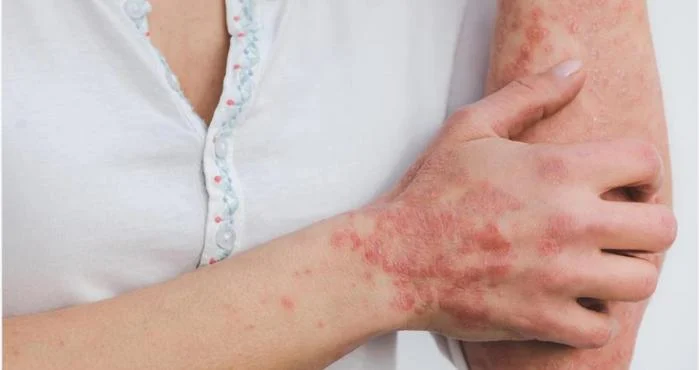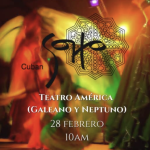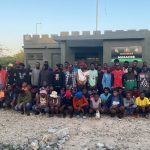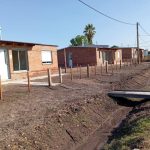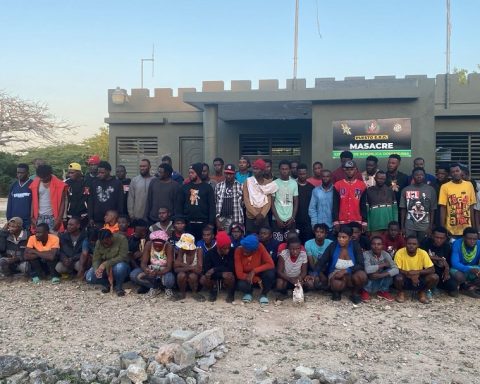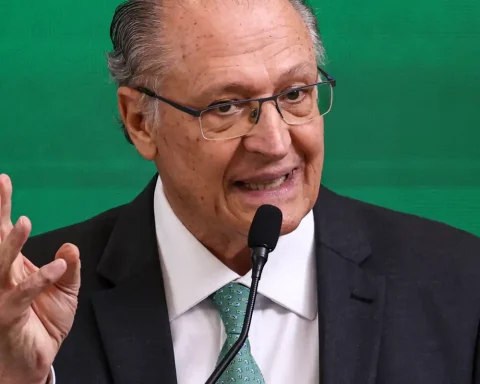This June 1, the Pan American Health Organization (PAHO) alerted the countries of the American continent about a possible increase in cases of monkeypox. In Nicaragua no case has yet been reported, but the neighboring country of Costa Rica reported its first suspected patient. Given this, Nicaraguan epidemiologists call to take “prevention measures, early diagnosis and timely treatment.”
“It is good news that we are more aware of potential pandemics and epidemics, since it is a fundamental human right in health. Monkeypox is a viral disease, which can be transmitted to humans through breathing the microorganism, contact with body fluids, blood and lesions that occur on the skin, also by eating infected meat. monkeys, rats, squirrels and by their bites or contact with their fluids, “explained Dr. Leonel Argüello.
Related news: PAHO on alert due to increase in cases of monkeypox in the Americas
He referred that “it is an animal disease that is transmitted to man and that he then passes on to other people. It was found only in Africa and had been under surveillance since 1980 when Human Smallpox was eliminated thanks to vaccination. Some cases in humans had appeared since 1970, but it is currently found in 16 countries, including the American continent (United States, Mexico, Bolivia and Argentina), with more than 250 laboratory-confirmed cases.
As for the symptoms, the expert reports that the infected person has fevers greater than 38.5 degrees Celsius for a period of 10 to 30 days, “headache, cough, muscle pain and general malaise, the glands swell and on the skin an eruption or rash type with blisters and scabs on the face, palms and hands of the feet, at this time is when it is most contagious ».
He affirms that the disease affects between 2 to 4 weeks, only in people with low defenses is it complicated and there is no specific treatment. Contact tracing cases must be investigated up to 21 days before symptoms appear and must be followed up for three weeks.
The form of prevention, according to specialists, is the same as that of any virus, maintaining the greatest possible hygiene, especially frequent hand washing with soap and water for at least 40 seconds, staying away from sick people, avoiding contact with your injuries on the skin or with the sheets and surfaces you touch, wear gloves if you have to touch the patient and use both surgical mask.
Related news: Costa Rica reports first suspected case of monkeypox
“There is a vaccine against smallpox that also protects around 85%, but that is not available, except in certain countries and there is the capacity to produce more vaccines if necessary,” says Argüello.
PAHO warned about the increase in infections in the region, but they affirm that the risk of contagion and mortality is low compared to COVID-19. In Press conferenceCarissa Etienne, director of the agency, described as “unusual” the appearance of monkeypox in several non-endemic countries and therefore, “I have activated PAHO’s special emergency procedures to help member states” with surveillance , case investigation, clinical management, laboratory testing, and infection prevention and control.
Dr. Argüello pointed out regarding the systems that the Ministry of Health (Minsa) must activate in Nicaragua, “it must alert, monitor, report, educate medical personnel and the population, strengthen the prevention measures for COVID-19 that are similar and be vigilant, especially now that we have chicken pox presenting in the country and it has not been communicated to us ».
